The Last Supper
In Christianity, the last supper - when Jesus and his closest friends celebrated the Jewish Passover / Pesach - has great significance.
The story as narrated in the gospels is loaded with emotion: its events took place hours before Jesus’ arrest.
Since then, the drama has become a focus and a ritual of our faith. Here is an intersection of past, present, future and eternity remembered and recreated each time Christians celebrate Holy Communion.
Prepare for this time by finding some bread and red wine or juice, and placing them nearby.
You may want to start your time of reflection listening to Down Ampney - ℗ 2010 Christian Forshaw.
Then, slowly read today’s story as told by gospel writer Luke.
The gospel writers Matthew, Mark and Luke all make clear that this occasion was a celebration of the Passover meal.
It looked back to the great saving work of the God who delivered his people from slavery in Egypt as recorded in the Old Testament book Exodus. (Thanks to #BibleProject).
And, it looked forwards - Jesus points to his forthcoming death and the consequent coming of God’s kingdom. This is the ‘new covenant’ between God and humanity.
Jesus ‘eagerly desired’ to share this last meal with his disciples before his suffering. It communicated something vital to them and so it does to us, as we continue to break bread and drink wine in remembrance. The symbols of bread and wine become signposts to Jesus’ death and resurrection: his body as it was broken, his blood as it was shed – bring in a new sustenance, a new way of living.
Imagine yourself as one with whom Jesus has ‘eagerly desired’ to share this Last Supper.
What is it that Jesus longs for you to understand?
What do you long for?
Eat your bread and drink your wine or juice. Imagine receiving these from Jesus’ hands, being fed by him, as you meditate.
Thank you for your presence. We offer a poem by Eddie Askew to close this reflection.

